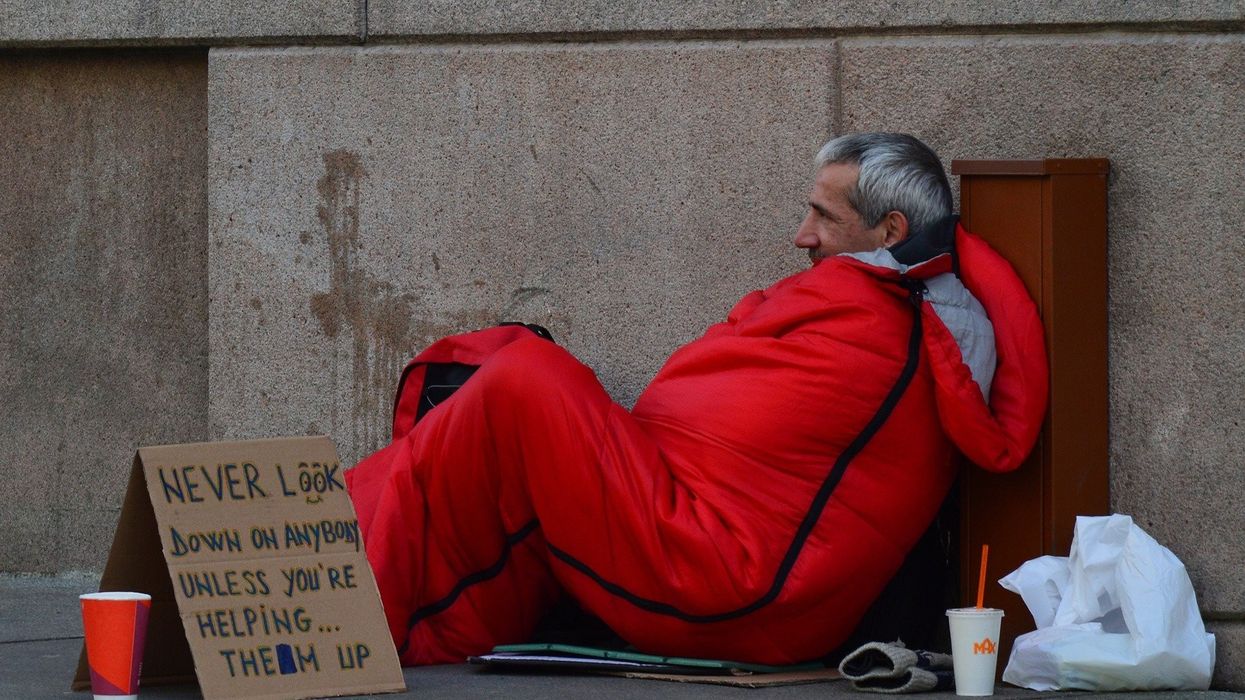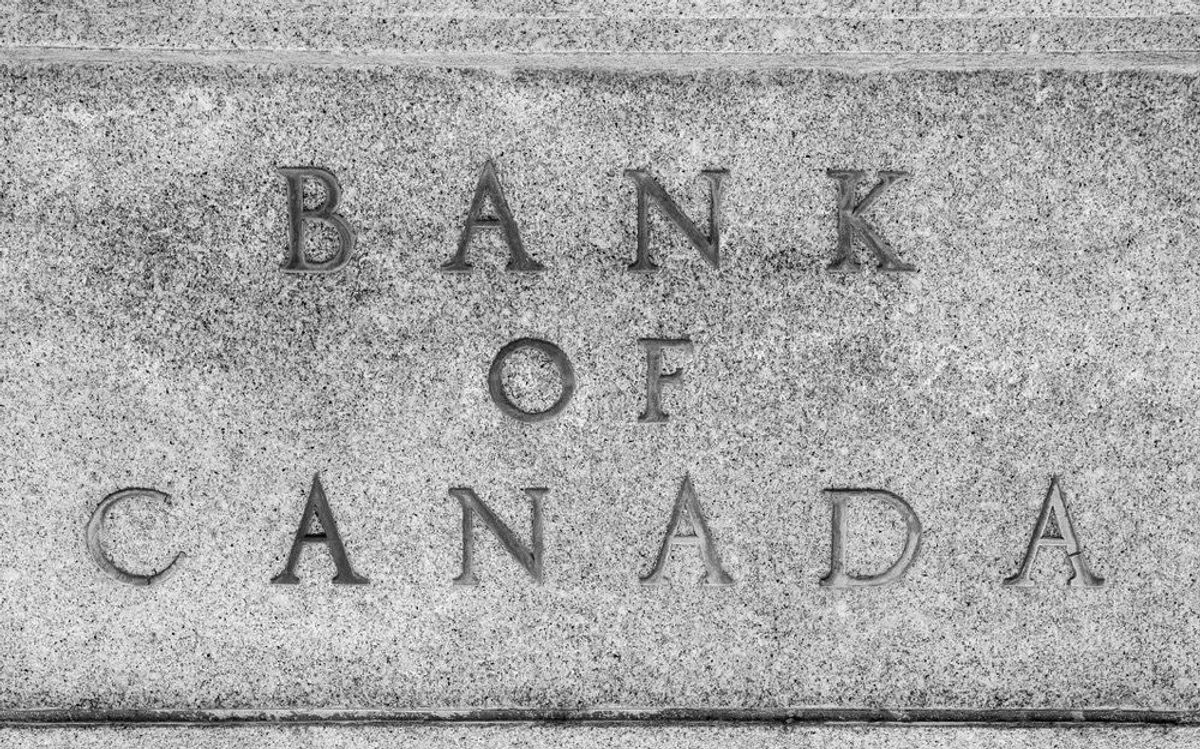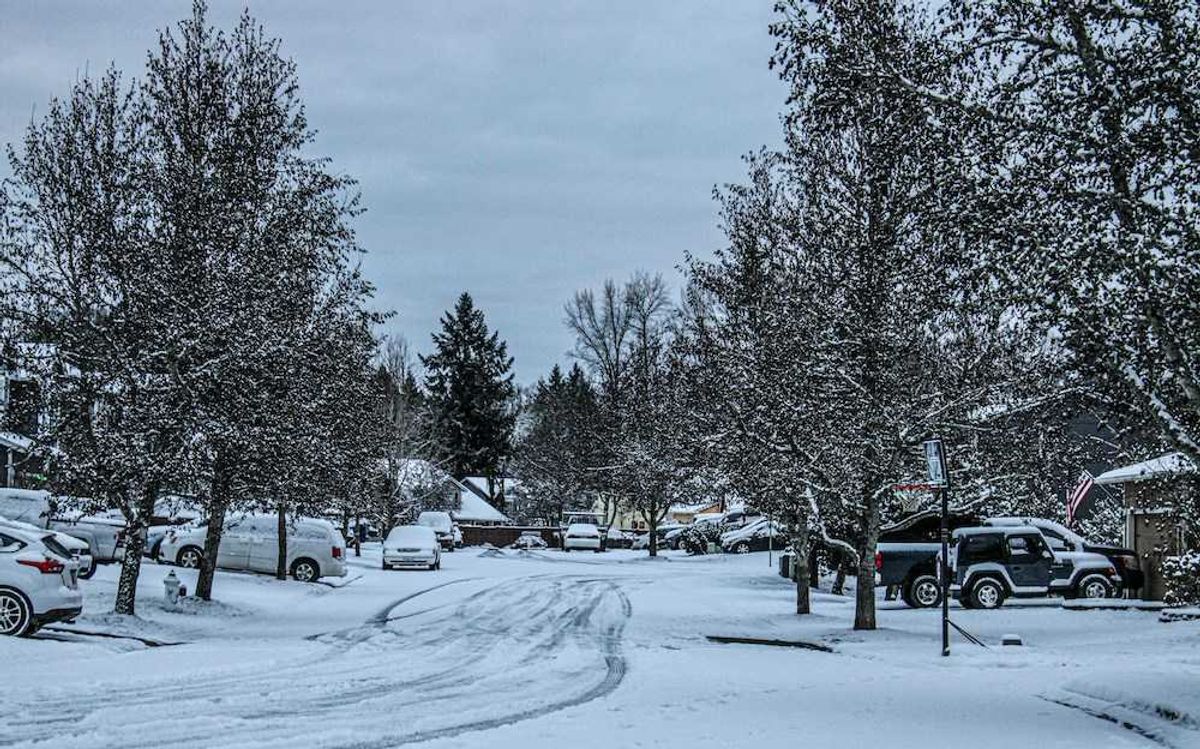The holiday season is the one time of year that we collectively embrace a sense of conscience and compassion for those less fortunate members of our society.
Some turn to religions that mandate alms to the poor and other such charitable acts. The more secular-minded might instead choose to watch family-friendly television programs like Rudolph the Red Nosed Reindeer, or A Miracle on 34th Street.
I suggest that the most relevant holiday story is A Christmas Carol, though the Dickensian perspective does anything but extol the virtues of charity, especially when it comes to homelessness and housing.
I'm currently housed in Lindsay, Ontario. Like many low-income and working-class Torontonians, I was forced to make the difficult decision to either leave Toronto or be consigned to homelessness.
READ: As Snowfall Begins, Toronto Gets Ready To Address Winter Homelessness
Last year, after six months of trying to find affordable housing in Toronto, I found myself spending the holidays in an overcrowded homeless shelter.
It was the third week of December and I was depressed and disappointed because I had once again been rejected by a potential landlord.
I confided my disappointment in a counselor employed by the homeless shelter where I was staying. Attempting to cheer me up, she replied: "Well at least you won't be alone for Christmas".
READ: Toronto’s Homelessness Crisis: Years In The Making
Here's the thing: I like being alone and I'm ambivalent about Christmas at the best of times, let alone while being homeless. I suppose when it comes to the holiday spirit, I'm a bit like Ebenezer Scrooge, sans his wealth, greed and general contempt for the human condition.
I eschew most forms of charity, and I don't need religious holidays nor corny Christmas stories to remind me of the importance of empathy. The holiday season is not the only time of year that I respond with conscience and compassion for the plight of my fellow human beings. I feel their plight not only because I share their plight, but because empathy just comes naturally to me.
Like it or not, however, I was beholden to two such charities: the homeless shelter in which I was staying and the social housing provider to which I applied for housing.
READ: Address Housing Before Mental Health To Fight Homelessness: Study
And I’m definitely not alone in that. Toronto's homeless population has doubled in the past seven years, and the rights and remedies of homeless shelter clients are sorely lacking.
Clients can be kicked out at any time, day or night, and in all types of weather except during extreme cold alerts. Their belongings can be searched at any time. They are bullied not only by other clients but by staff members as well. And, many homeless Torontonians die in the supposed safety of the shelter system.
A shelter client's only recourse is to appeal through the Shelter, Support and Housing Administration, which administers both the shelter system and social housing providers. It is a lengthy and complicated process and for the most part, pointless.
READ: Up With Women Founder Proves Homelessness Is Not A Dead End
But the human costs of homelessness aside, what of the cost to taxpayers? The average annual cost per homeless shelter client in Toronto is significantly higher than the overall Canadian average.
So, are we better served to focus on social housing, in terms of both human and monetary costs? Well…yes and no.
This past June, Toronto Auditor General Beverly Romeo-Beehler published a report on Rent Geared to Income housing.
She identified 2,000 available social housing placements that, rather than going to applicants on the social housing waiting lists, were being used by community organizations as conference rooms and by contractors as onsite offices and to store their construction materials and tools.
Romeo-Beehler also identified a corresponding 2,000 homeless applicants in the waiting lists who could have filled those placements but who had not been prioritized.
In other words, 2,000 homeless people could have got housing in 2018 had social housing providers - no pun intended - had their actual houses in order.
READ: 3 Ways To Prevent Homelessness Instead Of Just Reacting To It
Abuse in the shelter system and gross mismanagement in social housing are perhaps to be expected in public-private partnerships (P3's). Although publicly funded, P3's are privately operated and, consequently, they are not subject to public scrutiny. This lack of transparency and accountability and the inherent vulnerability of the clientele foster an environment of systemic power imbalances and abuses. Clients have few resources with which to defend themselves and given the sheer paucity of affordable housing in Toronto, even fewer options.
And Toronto seems hell bent on expanding the shelter system rather than fulfilling its repeated promises to address the affordable housing crisis.
READ: Rebranding Toronto’s Homeless Shelters Masks Real Problem
The more Toronto relies on homeless shelters and social housing, the more homelessness increases and the higher the cost to taxpayers.
Clearly, charity is an inadequate substitute for housing rights. Remember that, when you consider donating to a local homeless shelter or social housing provider over the holidays.
And should anyone try to make you feel guilty for questioning whether the money these organizations receive actually goes to helping people in need, tell them to go "Scrooge" themselves.





















